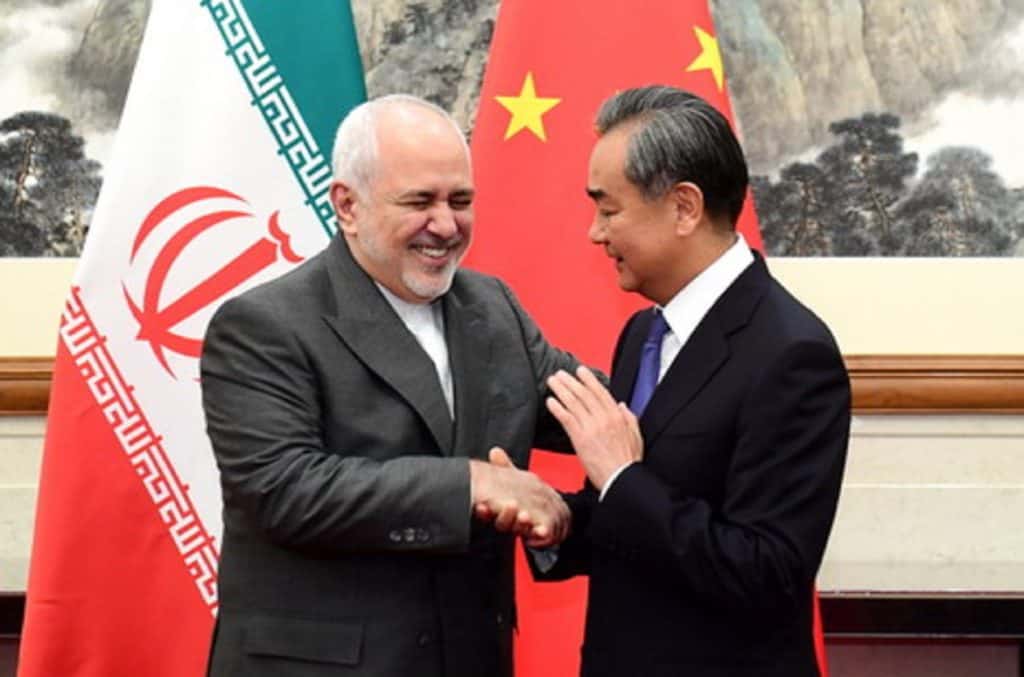By Denis Korkodinov
Attacks on Saudi Aramco sites forced Riyadh to seek a rapprochement with Iran. The Saudis have been pushed for this decision, among other things, by the Washington’s plans to relocate its command centers based in the Persian Gulf. For this reason, Saudi Arabia is seriously worried that in case of a military clash with Iran, the kingdom might be left without military support from the White House administration.
However, Asian states are ready to act as an alternative to American participation. Washington is gradually withdrawing its military assets from the Middle East, not wanting to endanger their destruction by the Iranian armed forces. This obliges regional leaders to reconsider their attitude towards recent adversaries, and above all, towards Iran, trying to ease the tension in the relations.
At least, the Persian Gulf countries, the European Union, Washington, Moscow, Beijing and New Delhi have already begun to implement plans to enter into new defensive alliances, which, of course, will affect Tehran. New defensive alliances in one way or another will require a reduction in regional tension and the establishment of a constructive dialogue between Saudi Arabia and Iran.
The initiative to create a new collective security system has already been publicly made by Beijing and Tehran. Thus, the head of the Chinese Foreign Ministry, Wang Yee, has officially announced the need to “create a platform for dialogue” between the Gulf countries. This was also stated earlier by Iranian President Hassan Rouhani.
Apparently, the new defense geopolitics will also cover the countries of Asia. In any case, the interest of China and India in the Middle East, which suddenly turned out to be free of American participation, forces their competitors to catch up. It is, first of all, about Japan and Pakistan. Participation in new alliances will allow Tokyo and Islamabad to balance the influences on the affairs of the Middle East region.
Surprisingly, the Gulf countries, in this case, may not object to the fact that Asian states occupy the niche liberated by the United States in the defense sector of the region. In this regard, in the near future, India and China are likely to intensify their dialogue with the countries of the Arab world, and, above all, with Saudi Arabia.
(The views expressed in this article belong only to the author and do not necessarily reflect the views of World Geostrategic Insights)
Image Credit: fmprc.gov.cn







